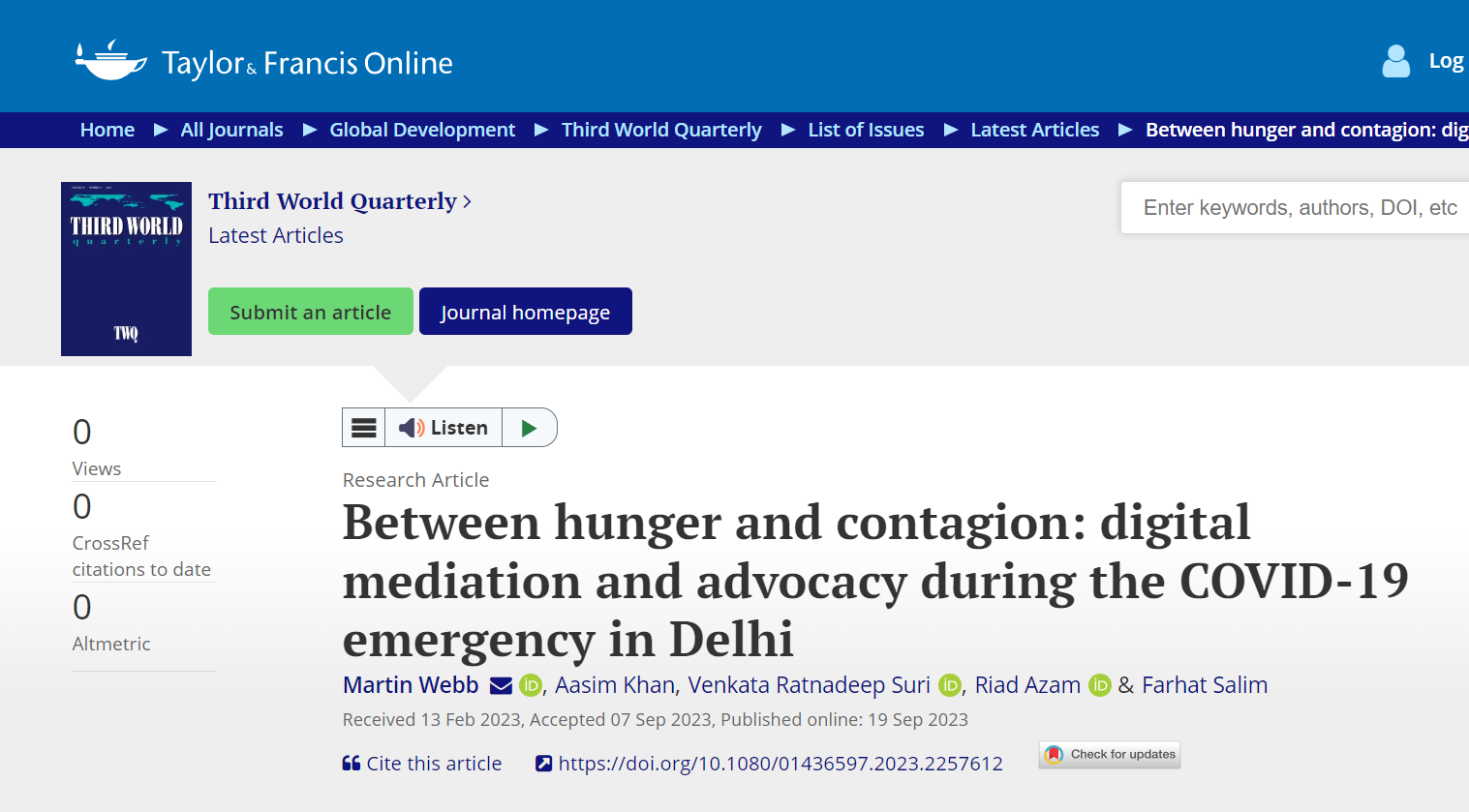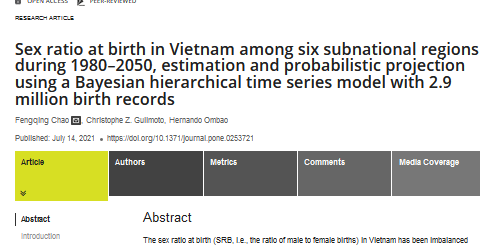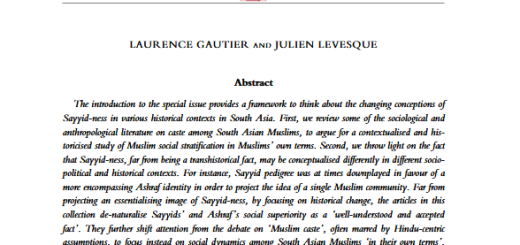Webb, Martin, Aasim Khan, Venkata Ratnadeep Suri, Riad Azam, and Farhat Salim. 2023. “Between Hunger and Contagion: Digital Mediation and Advocacy during the COVID-19 Emergency in Delhi.” Third World Quarterly 1–17.

Aasim Khan is an associate researcher at the CSH and Assistant Professor at Department of Social Sciences and Humanities, Indraprastha Institute of Information Technology Delhi (IIITD), has co-written an article with Venkata Ratnadeep Suri (IIITD), Riad Azam (IIITD) and Farhat Salim (Centre for Law and Governance, JNU) entitled “Between hunger and contagion: digital mediation and advocacy during the COVID-19 emergency in Delhi“, published in Third World Quarterly, Taylor & Francis online on 19 September 2023.
The article is available at: https://doi.org/10.1080/01436597.2023.2257612
Abstract: When COVID-19 struck India in March 2020 the central government announced a nationwide lockdown to slow the spread of the virus. In Delhi, the suspension of normal economic and social life precipitated a crisis of hunger for the thousands who depend on daily wage labour to feed their families. Many of these workers were unable to access the city’s Public Distribution System for subsidised food supplies because they lacked the correct paperwork. In response, the Delhi government implemented an online system, known as E-Coupons, through which those affected could apply for emergency rations. However, this digital system proved complicated to navigate for the marginalised people that it was aimed at. In the east Delhi neighbourhood in which this research took place brokers offering digital connections and online form-filling services proliferated in the crisis, but often provided unreliable or incomplete support to those in need. Recognising the need for digital mediation and support for the marginalised we argue that networks of reliable community advocates are required if welfare bureaucracies are to be digitised through mobile governance projects such as E-Coupons. The human mediation and advocacy, which underpins these schemes should be acknowledged and included in system design.









